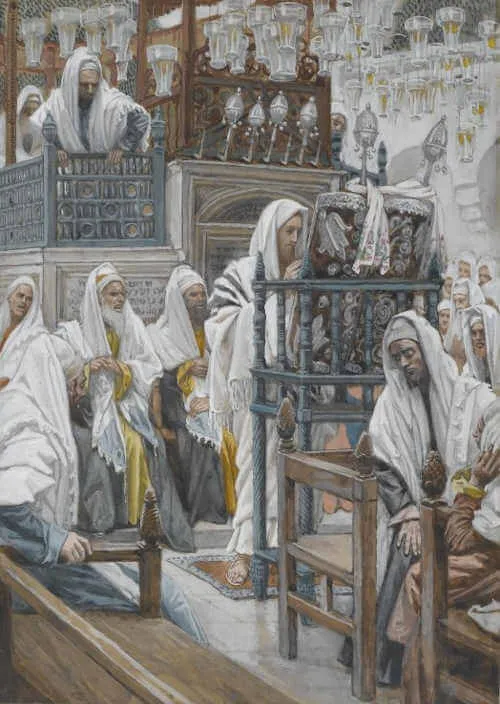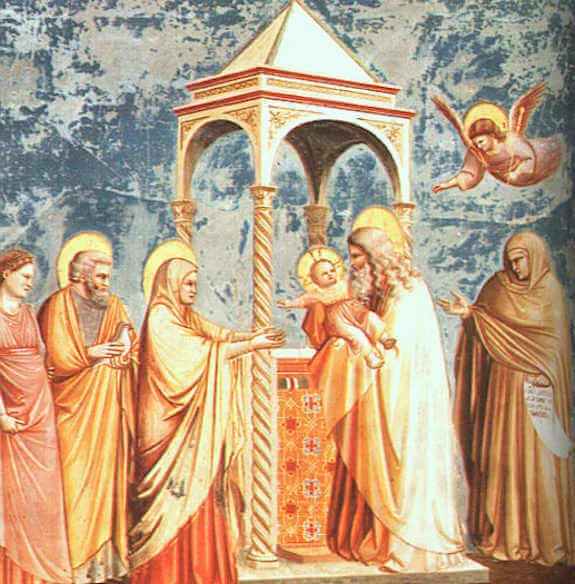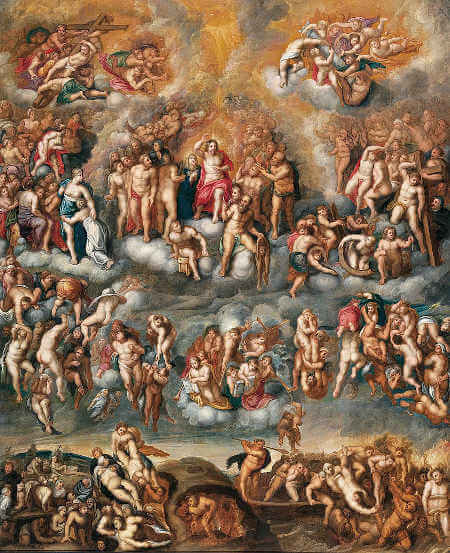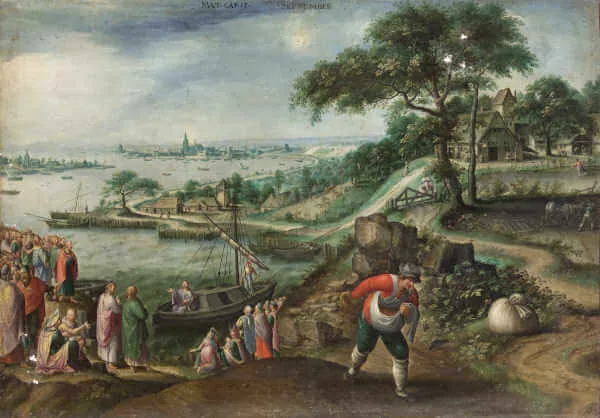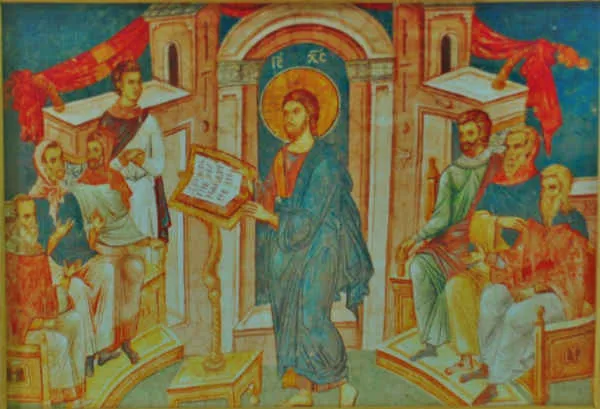Mark 6:3
Christ All Around Us
Is he not the carpenter, the son of Mary, and the brother of James and Joseph and Judas and Simon? And are not his sisters here with us?” And they took offense at him.
Reflection:
After traveling throughout the countryside performing miracles, teaching the crowds and gaining many followers, Jesus returned to Nazareth where He grew up. Perhaps His disciples were excited to return with Jesus to His native place, thinking that His own townspeople would be overjoyed to see Jesus again because of the many stories of His miracles and authoritative teaching. But the disciples were soon to have quite a surprise.
After arriving in Nazareth, Jesus entered the Synagogue to teach, and He taught with an authority and wisdom that confounded the locals. They said among themselves, “Where did this man get all this? What kind of wisdom has been given him?” They were confused because they knew Jesus. He was the local carpenter who worked for years with His father who was a carpenter. He was Mary’s son, and they knew His other relatives by name.
The primary difficulty Jesus’ townspeople had was their familiarity with Jesus. They knew Him. They knew where He lived. They knew Him as He grew up. They knew His family. They knew all about Him. Therefore, they wondered how Jesus could be anything special. How could He now teach with authority? How could He now do miracles? Thus, the townspeople were astonished, and they allowed that astonishment to turn into doubt, judgment and criticism.
The same temptation is something we all deal with more than we may realize. It is often easier to admire a stranger from afar than one whom we know well. When we hear of someone for the first time who is doing something admirable, it’s easy to join in that admiration. But when we hear good news about someone we know well, we can easily be tempted to jealousy or envy and to be skeptical and even critical. But the truth is that every saint has a family. And every family potentially has brothers and sisters, cousins and other relatives through whom God will do great things. This should not surprise us—it should inspire us! And we should rejoice when those close to us and with whom we are familiar are used powerfully by our good God.
Reflect, today, upon those whom you are familiar with in life, especially your own family. Examine whether or not you struggle with an ability to see beyond the surface and accept that God dwells within everyone. We must constantly seek to discover the presence of God all around us, especially in the lives of those whom we know very well.
Source: https://catholic-daily-reflections.com/2025/02/04/christ-all-around-us-4/


